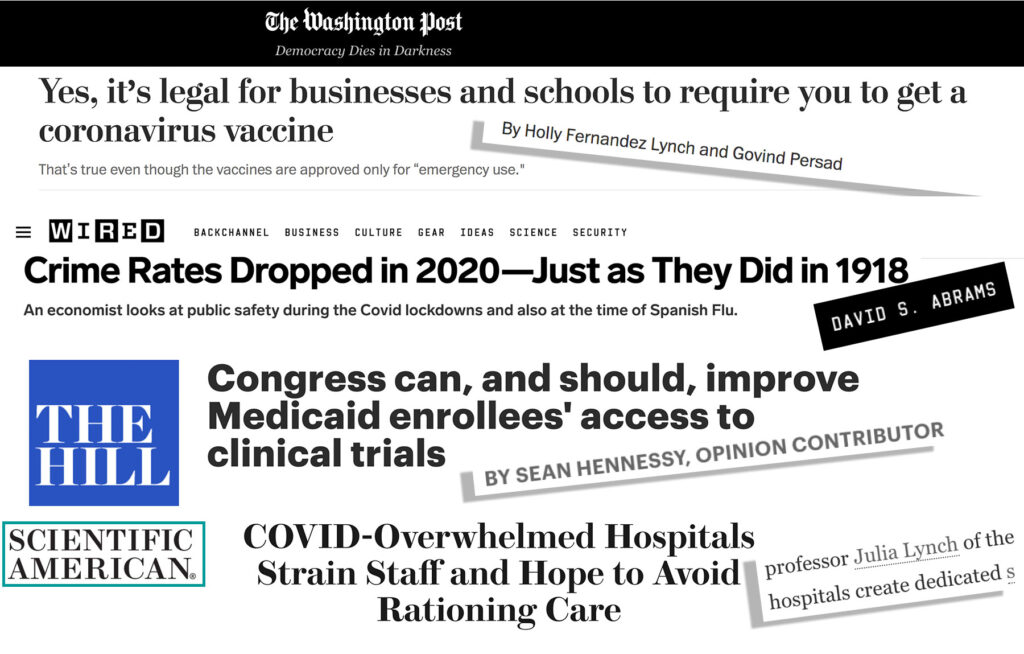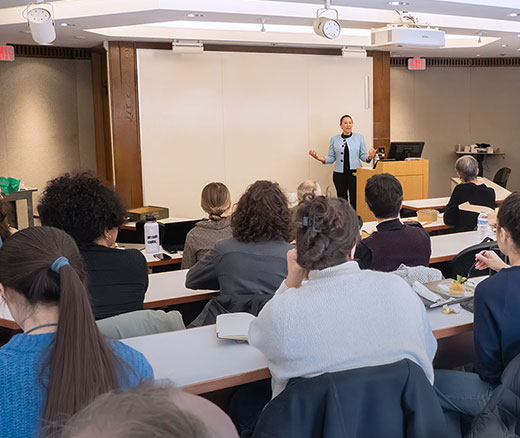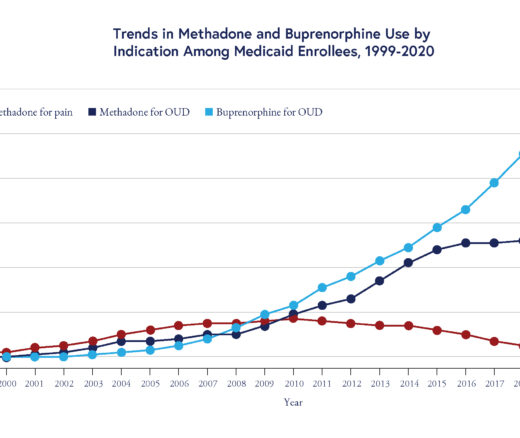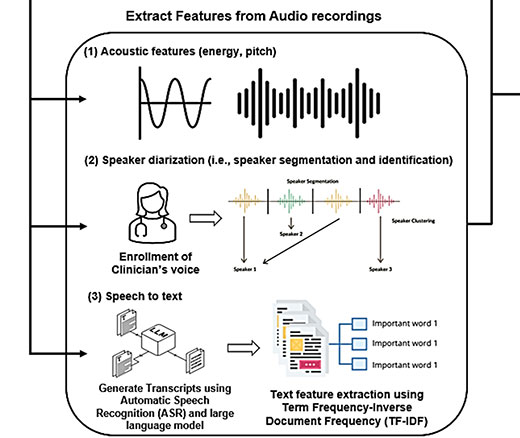
Only One in Four High-Risk Rural Births Get Appropriate Hospital Care
A Multi-State Study Finds That Parents Often Travel 60+ Miles—With Distance, Insurance, and Race Driving Gaps in Maternal Care
News

For the second year of what will now be an annual program, the University of Pennsylvania’s Leonard Davis Institute of Health Economics (LDI) is kicking off the 2021-2022 cohort of Amplify@LDI, a dissemination training program designed to assist its Senior Fellows in reaching a wider audience with research and policy insights.
Headed by LDI Director of Engagement Alison Buttenheim, PhD, MBA, the eight-month curriculum brings in working journalists, public relations consultants, social media experts, writing coaches, and veteran policymakers as instructors. The program is designed to increase the visibility of LDI senior fellows and build skills to effectively disseminate research.
“Our first full cohort of Amplify@LDI was excited by how to better engage with the media and policymakers,” said LDI Executive Director Rachel M. Werner, MD, PhD. “It is essential that scientists learn to translate their findings for audiences far beyond academia. That has never been more important than now.”
Throughout their training last year, the 2020-21 cohort of 12 LDI Senior Fellows with previously low-levels of mainstream media experience racked up more than two dozen published op-eds, blogs, and interviews in national print, broadcast and digital news outlets. In addition, several of them scored engaging connections with Congressional offices and other government agencies.
The dozen Senior Fellows selected for the new cohort that begins September 10 are from Penn’s Schools of Medicine, Nursing, Arts and Sciences, and the Annenberg School for Communication. They are: Anish Agarwal, MD, MPH, MS; George Demiris, PhD, FACMI; Dalmacio Flores, PhD, ACRN; Christina Kang-Yi, PhD; Iliana Kohler, PhD; Judith Mckenzie, MD, MPH; Jeanmarie Perrone, MD; Shazia Siddique, MD, MSHP; Rebecca Stewart, PhD; Andy Tan, PhD, MPH, MBA, MBBS; Harsha Thirumurthy, PhD; and Emily Vail, MD, MSc.
As digital technologies and social media have come to dominate and accelerate the daily spread of scientific information in recent years, granting agencies like NIH have increasingly required research applications to include specific dissemination plans designed to make the research findings known to broader audiences. These trends and requirements have challenged many academic researchers whose prior formal training did not include such things as how to collaborate with print or broadcast journalists, engage with government policymakers, or author articles in a vernacular suitable for publication in newspapers, magazines and other general circulation national media.
Over the last 11 years, the Leonard Davis Institute of Health Economics (LDI) has evolved as a major center for translational communications for Penn’s health services research community. Tested as a pilot program in 2019, the Amplify@LDI training program became a full-fledged curriculum for Senior Fellows in 2020.


A Multi-State Study Finds That Parents Often Travel 60+ Miles—With Distance, Insurance, and Race Driving Gaps in Maternal Care

Former CMMI Leader Liz Fowler Cites Rigid Federal Scoring Rules and Bureaucratic Impatience for Pilot Failures

A Major European–U.S. Hospital Study Finds That Changing How Hospitals Are Organized Reduces Burnout and Turnover While Improving Care Quality

An LDI Fellow Who Helped Architect the ACA Highlights Progress on Primary Care Payment Reform and the Expansion of Site-Neutral Reimbursement Policies

Penn LDI Senior Fellow Dominic Sisti Cites “Alarming Levels”

Chart of the Day: Methadone Use for Opioid Use Disorder Tripled From 2010–2020, Yet Only One in Four People With Addiction Receive Medication

Researchers Use AI to Analyze Patient Phone Calls for Vocal Cues Predicting Palliative Care Acceptance

Medicare’s Payment Plan Can Ease Seniors’ Crushing Drug Costs but Medicare Buries it in the Fine Print

LDI Fellows’ Research Quantifies the Effects of High Health Care Costs for Consumers and Shines Light on Several Drivers of High U.S. Health Care Costs